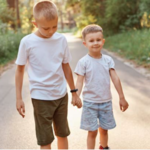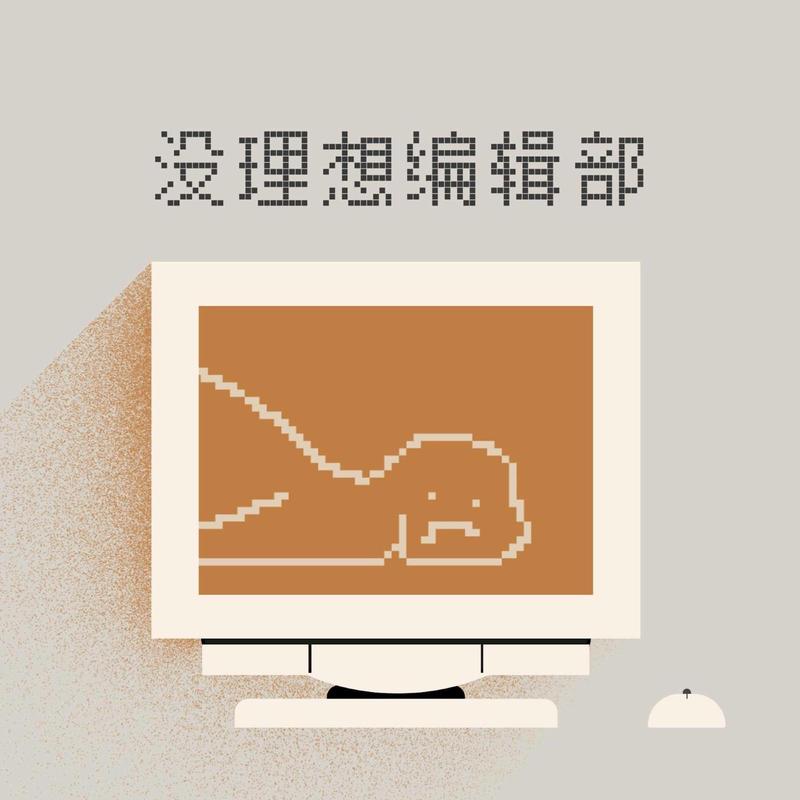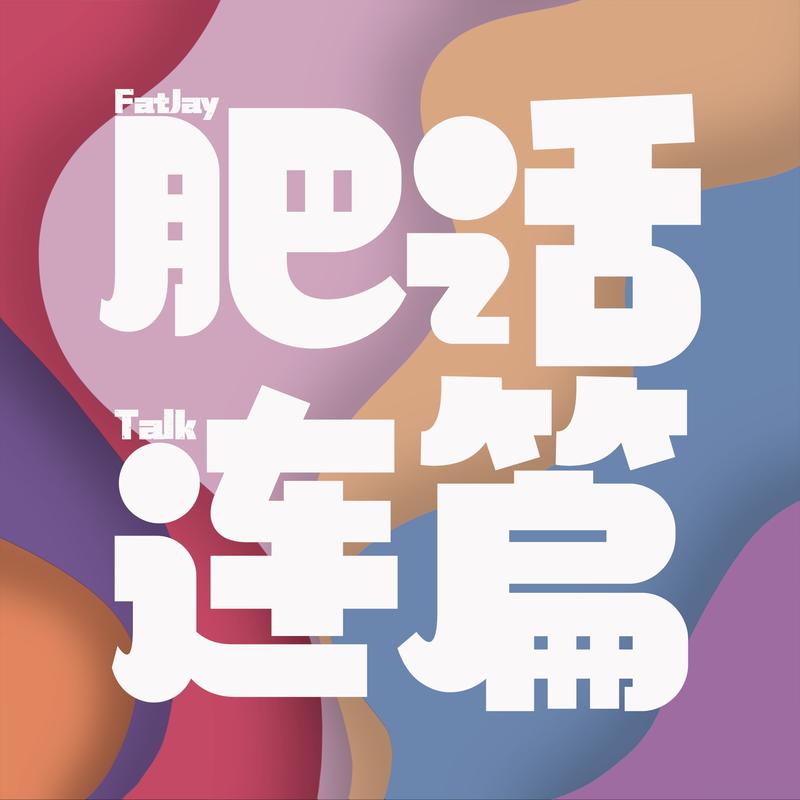(全英)如何确定ta是你要找的那个人?
Tara纯英文碎碎念
Hi everyone. Welcome back to another episode of Talk with Tara. Today we're talking about love. So I've been asked this question from time to time. Tara, how do you know that you're with the right person? And I gotta say, that's a very solid question. How do you know that you're with the right person?
And I find it especially difficult when you are still at an early stage of a relationship because at this stage of the relationship, you feel everything is so refreshing and new. You're still at this honeymoon phase and your brain just releases a lot of dopamine and you are enjoying this dopamine rush. You're letting it taking you to the moon, and you feel like you are walking on the cloud. You are excited and stoked, and you feel like you have butterflies in your stomach, you're so smitten with this person, and then you tend to let this dopamine rush override or cloud your judgment. At this stage of a relationship, you have to be really careful and try really hard not to romanticize the relationship.
You have to be able to differentiate the reality of, oh, am I really, really in love with this person for who they are? Or am I just loving love? You know what I mean, Loving the feeling of love. Is this person the right person for me? Is this person a good fit for me? Are we compatible? You have to keep asking yourself that question. Because at this stage, the sunk cost is not that high yet, and the tricky part is it is harder to find problems in the beginning because at the start of a relationship, people try really hard to hide their messy and dark sides. They always try to put their best foot forward to impress their partner. So they always mask, um, their behavior and it's really hard to find problems.
That's when you really need to pay attention to details. You have to pay a lot of attention to the way they treat people, not just you, to everybody around them. Do they treat people equally? And how do they behave in tough situations like when things don't go their ways or when you have a disagreement, do they stil stay cool and respectful, or do they lose their minds and just go crazy and start yelling at you? Right? And do they listen to you like wholeheartedly and actively? Which is another thing I really want to emphasize on, that is to really show interest in you. Pay attention to the things you say.
I remember this one time I went on a date. That was many, many years ago before I got married, of course. I went on a date with this guy. Um, he was really, he was a really nice guy, very polite and everything, very friendly and smiley and, um, but the problem was throughout the whole night he was just, you know, kept rambling on and on talking about himself without asking one single question about me. He didn't show any interest in me. And he didn't ask me things like, oh, so what are your hobbies? Where do you go after work, and what's your take on this issue. What do you think about that? Like he wasn't interested in who I am, what I love to do, what my inner world was like at all. So that was enough of a good sign of, this person is not the right person for you.
And then funny enough, after that date, he wanted to have a second date with me. Of course, he, his ego was so inflated. I was all night listening to him. Of course, he felt really good about himself in front of me, and he felt really good about me because I'm such a listener, right? So he wanted to have the second date. Can you guess what I said? Of course. I said, no, no, no more dates because you are not the right person for me. You love yourself too much. You wouldn't have any room for loving somebody else for me.
One of the signs of yes you are with the right person is you can be truly 100% you yourself, and you feel completely relaxed and comfortable, and safe. When you are with this person, you don't need to hide who you are. You don't need to pretend you're another person. You don't need to mask who you are and you are not afraid to let this person see you, the dark sides of you to show your vulnerability and you, you can be truly yourself. That's a very important thing.
When you are with a wrong person, you will know it because you will all the time feeling awkward and. Uncomfortable. You can't be your authentic self. You are all the time hiding your true thoughts and ideas. You cannot let this person know who you really are, what you're really thinking, and your all time worrying of losing this person.
Once they find out who you really are, and trust me, it's exhausting to pretend to be somebody else, especially in the long run. You cannot do that. You deserve to be in a relationship where you feel loved. Supported and enough, you will feel like my person loves me for who I am, and I'm enough. For this person.
完整文稿:
通过网盘分享的文件:Tara小宇宙播客文稿
链接: https://pan.baidu.com/s/1ewVYOgptpG7VL53oid5lNg 提取码: Tara
--来自百度网盘超级会员v7的分享









